Tannic acid, commonly used in medicine or the technical and food industry, may soon help make electronic components and adhesives more durable and better for the environment.
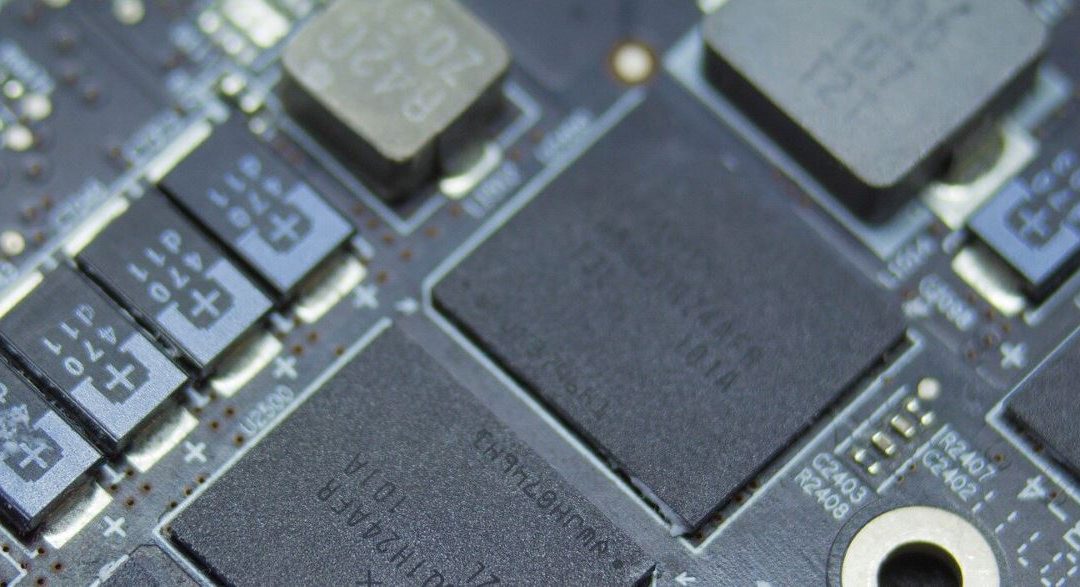

Tannic acid, commonly used in medicine or the technical and food industry, may soon help make electronic components and adhesives more durable and better for the environment.
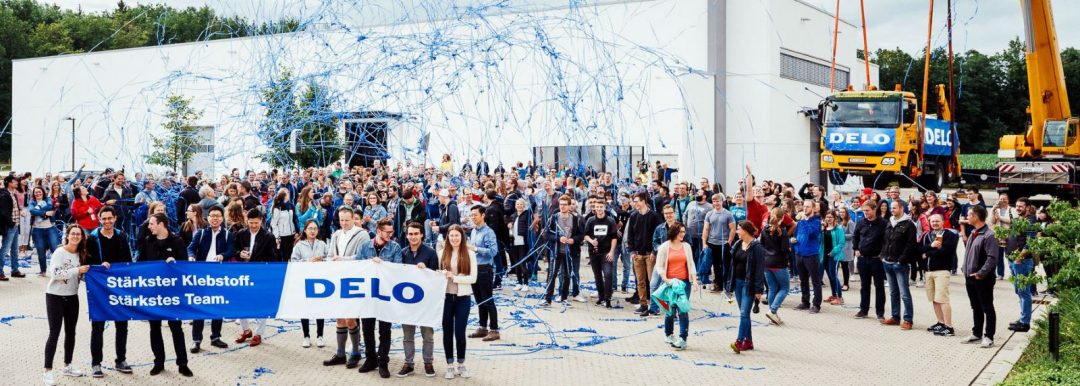
Guinness World Records title awarded for lifting a 17,5-ton truck on a bonded aluminum cylinder the size of a soft drink can.

Scientists show that thin films of rust can be used to generate electricity with flowing saltwater.
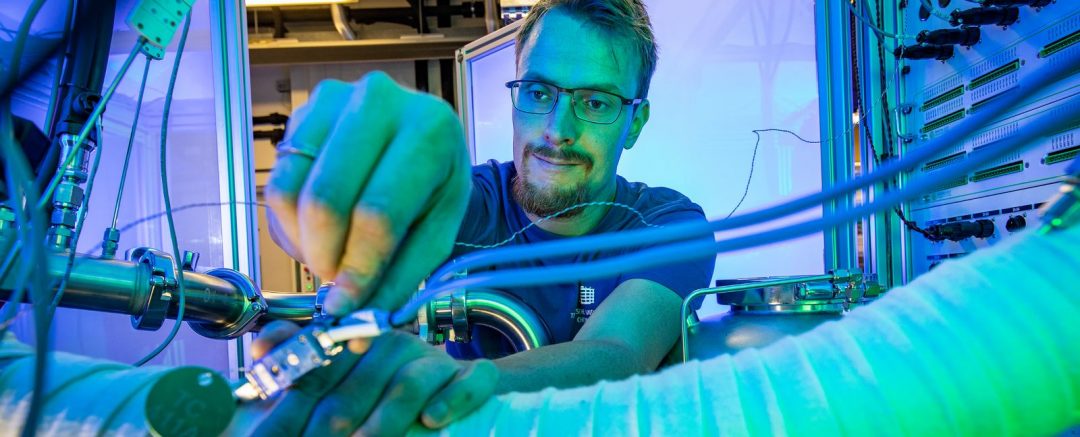
As part of a strategic partnership, Chemnitz Technical University and Continental celebrate the inauguration of the newly established fuel cell laboratory.
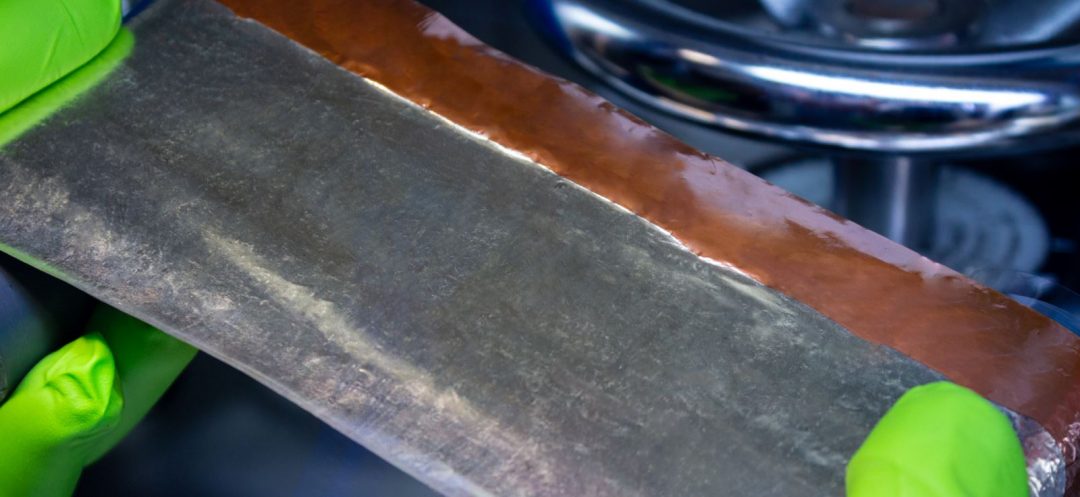
Fraunhofer is developing innovative solutions for current challenges in lithium-metal anodes.

Through the ambitious Moonrise project, German researchers are looking to melt Moon dust in order to produce usable building materials on the Moon.
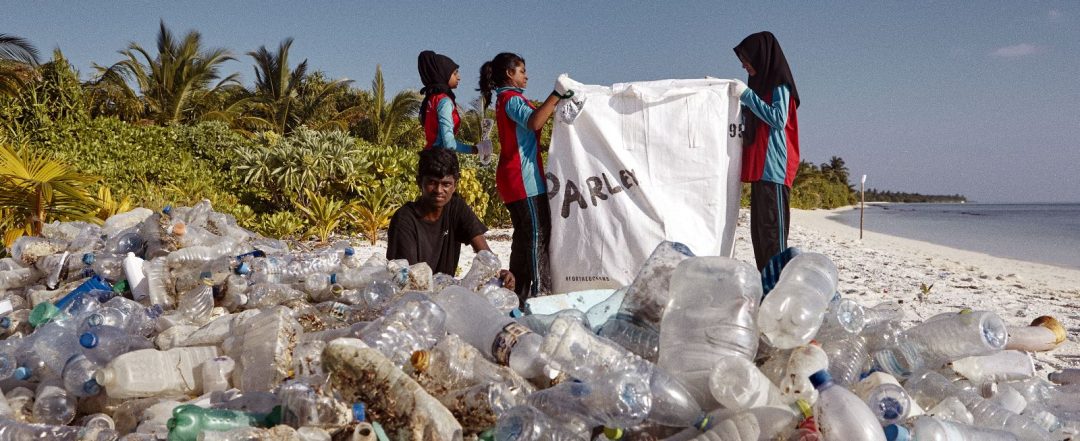
Adidas produces shoes using upcycled marine plastic waste and invests in the education of future generations.
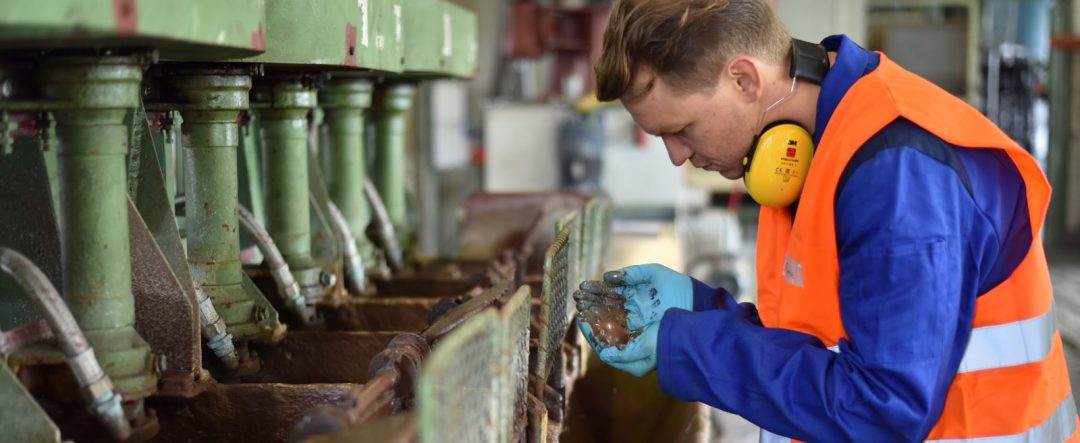
A new EU project explores innovative technologies and concepts for recovering ultrafine particles of raw materials.
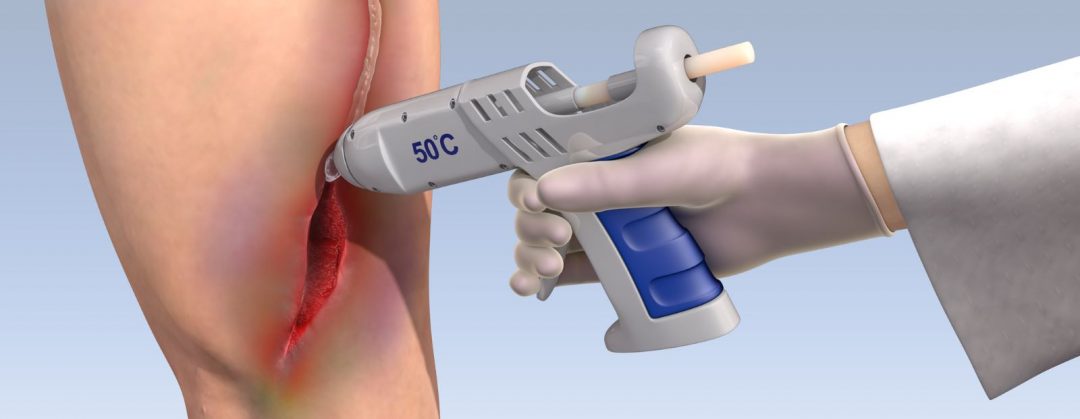
Hot-glue guns are normally associated with arts-and-crafts, home decorations, and toys. Now, Israeli scientists have developed a hot-glue gun to adhere human tissues.

Canada invests in technologies that can help realize its economic and environmental goals, while providing low carbon fuels to consumers.